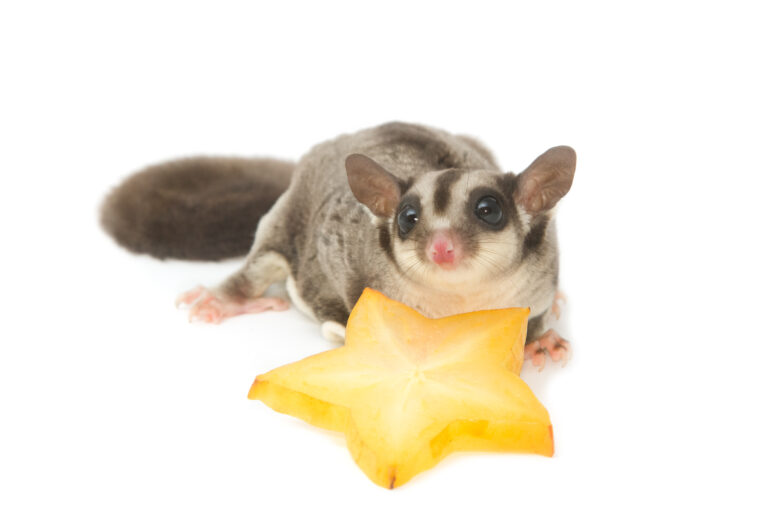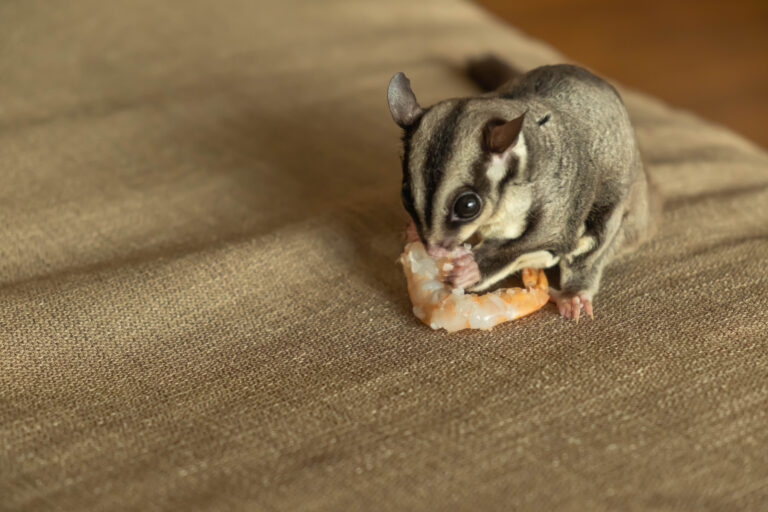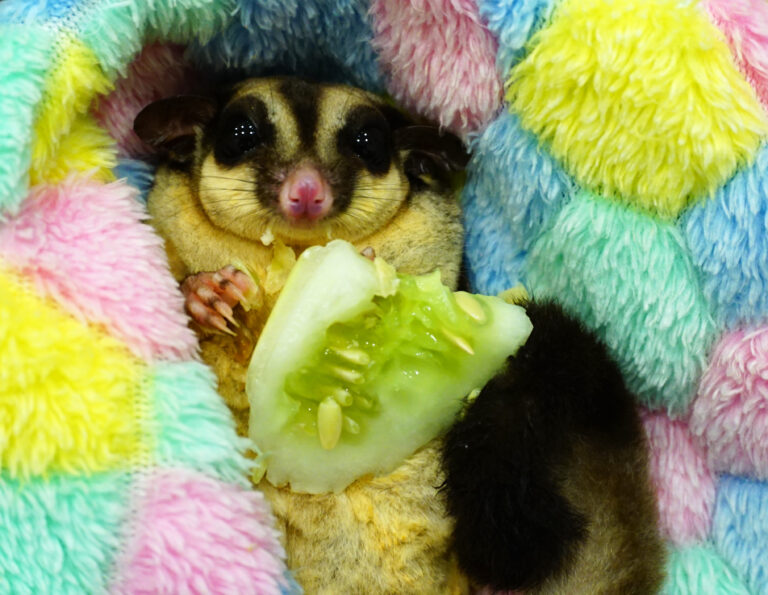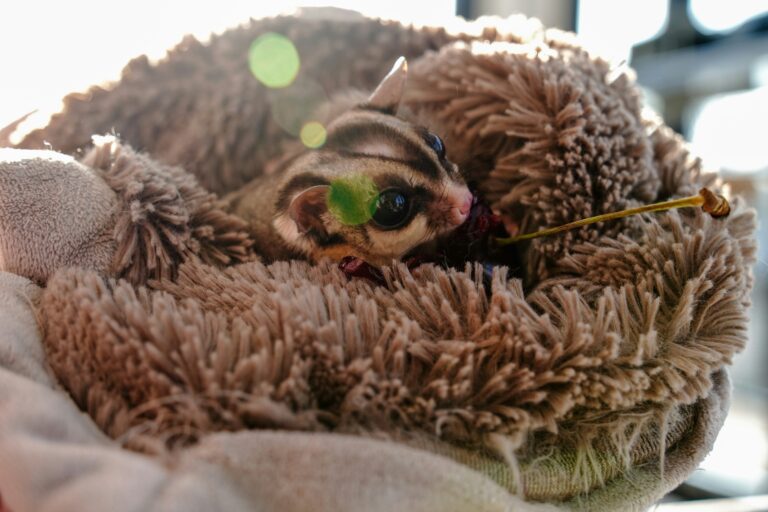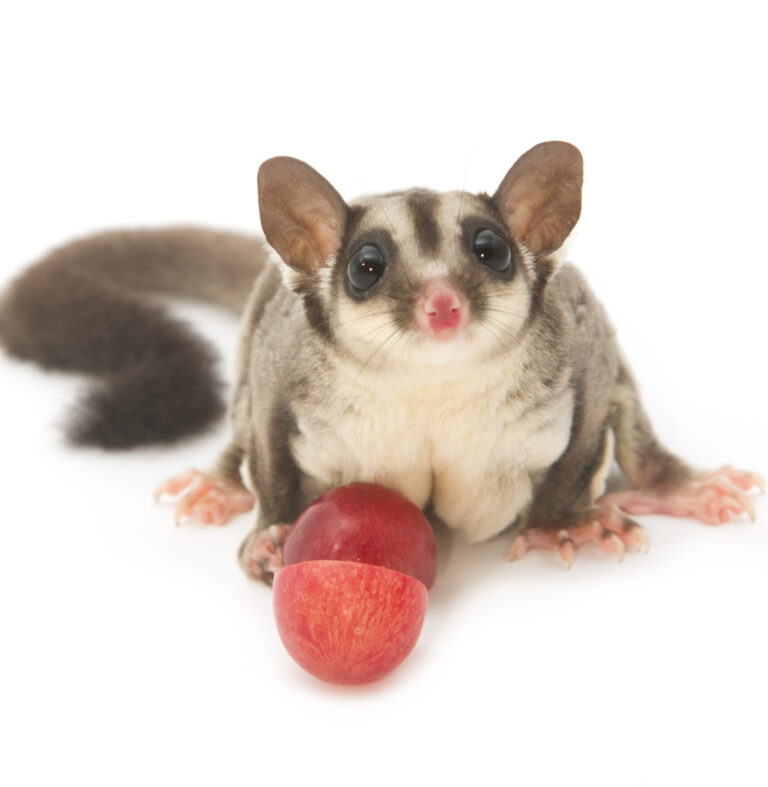Can Sugar Gliders eat Corn?
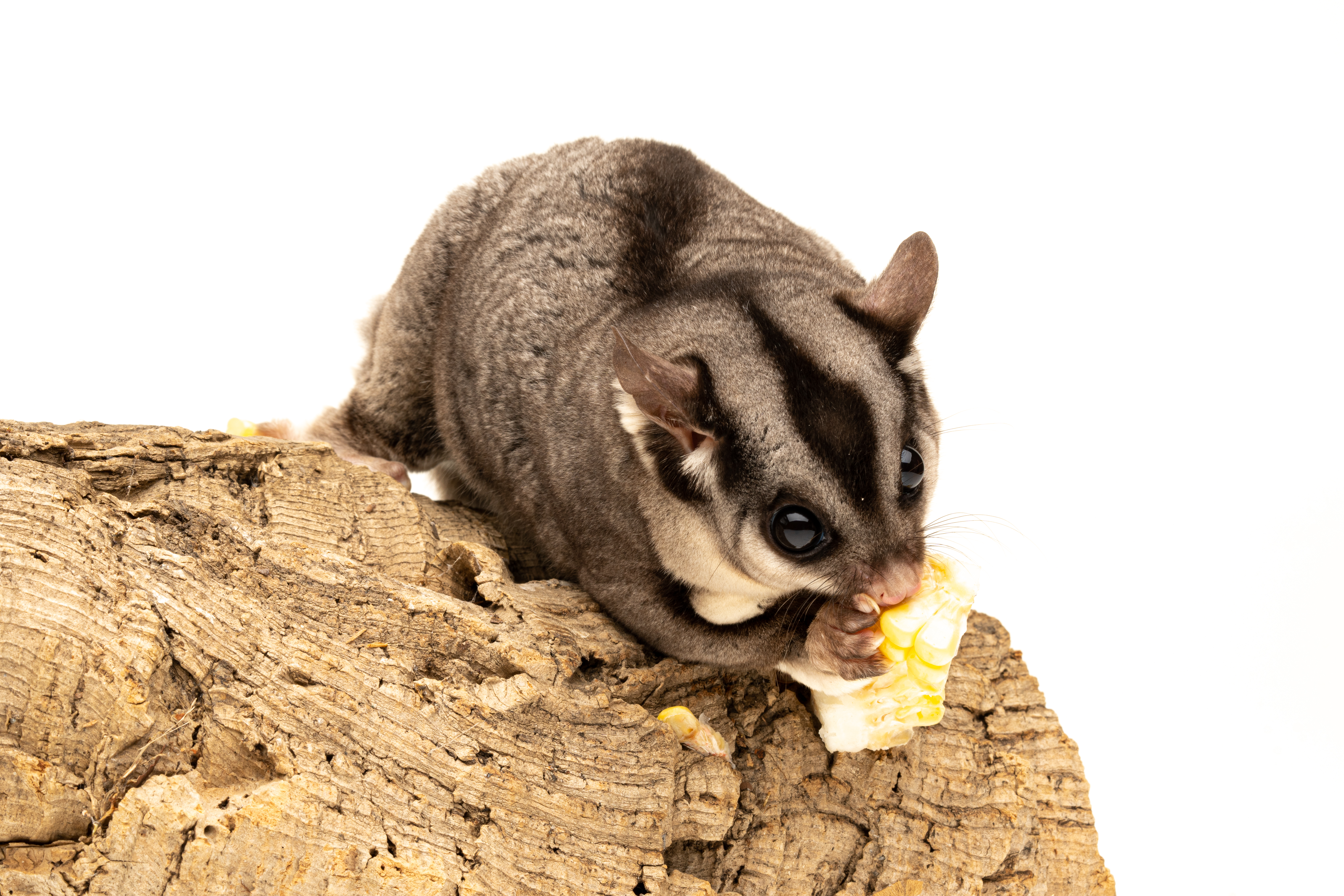
Your sugar glider would love you to think corn should be a constant staple of their diet. Corn is an incredibly sweet treat, and we all know about sugar glider’s love for anything sweet. There’s just one problem.
Corn is very fattening!
Ever heard the term “corn-fed”? Corn is high in carbohydrates, adding to its delicious taste. Too much will cause your sugar gliders to quickly plump up, though, which is very unhealthy for them. It is also much higher in phosphorous than calcium, so over feeding corn can disrupt the calcium to phosphorus ratio needed by sugar gliders. Because of all this, corn can be fed in moderation, but it is better suited as an occasional treat!
Keep reading to learn more about the nutritional profile of corn and how to feed it!
Nutritional Profile of Corn
There are pros and cons to feeding your glider corn.
Corn has a low-fat content, which can be beneficial for sugar gliders if included in moderation.
Corn is rich in carbohydrates, which provide energy. However, excessive carbohydrates can lead to obesity and other health issues in sugar gliders.
Corn contains a moderate amount of protein, but it is not a complete source of protein for sugar gliders.
Corn provides several vitamins (such as B vitamins) and minerals (such as magnesium and phosphorus). However, it lacks calcium and has a higher phosphorus content, which can disrupt the crucial calcium to phosphorus ratio needed by sugar gliders.
Because of all this, the negatives outweigh the positives if you are considering corn as a consistent part of your sugar glider’s diet. Don’t let your glider despair, though! Corn can safely be fed in moderation, once or twice a week as a treat.
How to Safely Feed Corn
Feeding corn is pretty simple. Ideally purchase organic to minimize the risk of exposure to pesticides. Either way, if you are purchasing corn on the cob, wash it thoroughly and slice small chunks off the sides for your gliders. You can also purchase frozen corn, as long as there aren’t any added sauces or seasonings.
Never feed your sugar gliders canned corn, though. Canned foods have all kinds of added stuff that’s bad for your gliders, like sodium or sugar.
Frequently Asked Questions
Is corn safe for sugar gliders?
Corn is generally safe for sugar gliders when given in small amounts. However, it should be organic and properly washed to minimize pesticide residues.
Can sugar gliders eat corn regularly?
No, corn should only be given as an occasional treat due to its low calcium content and high carbohydrate levels.
What are the benefits of feeding corn to sugar gliders?
Corn can add variety to your sugar glider’s diet and provide some enrichment through its taste and texture. It also offers a moderate nutritional value as a source of carbohydrates and some vitamins.
What are the risks of feeding corn to sugar gliders?
The primary risks include the high carbohydrate content, which can lead to obesity, and the imbalanced calcium to phosphorus ratio, which can contribute to metabolic bone disease if not properly balanced with other foods.
Should corn be cooked before feeding it to sugar gliders?
Corn can be fed raw or lightly cooked. Lightly steaming or boiling the corn can make it easier to digest. Always ensure it is plain, without any added salt, butter, or seasonings.
Can corn replace other vegetables in a sugar glider’s diet?
No, corn should not replace other vegetables. It should be part of a varied diet that includes leafy greens, fruits, and other vegetables to ensure a balanced intake of nutrients.
Can sugar gliders eat canned corn?
Canned corn often contains added salt or preservatives, making it less suitable for sugar gliders. Fresh or frozen organic corn is a better option if you choose to include corn in their diet.
Conclusion
Like many other foods, corn can be a tasty treat for your sugar glider if fed in moderation. Only provide it in small quantities once or twice a week. This is important because overfeeding corn can lead to obesity and an imbalanced calcium to phosphorus ratio, neither of which are healthy for sugar gliders.

